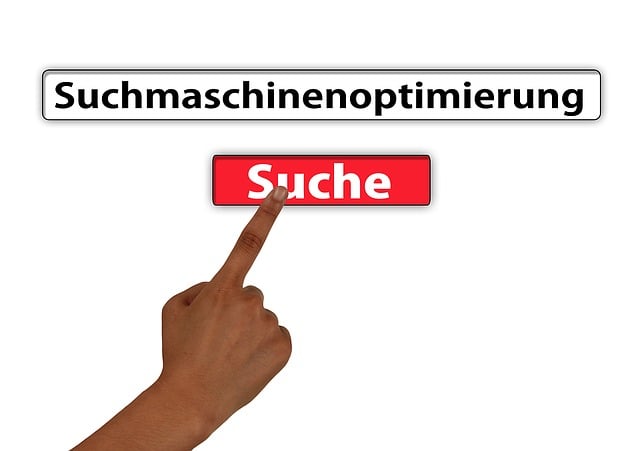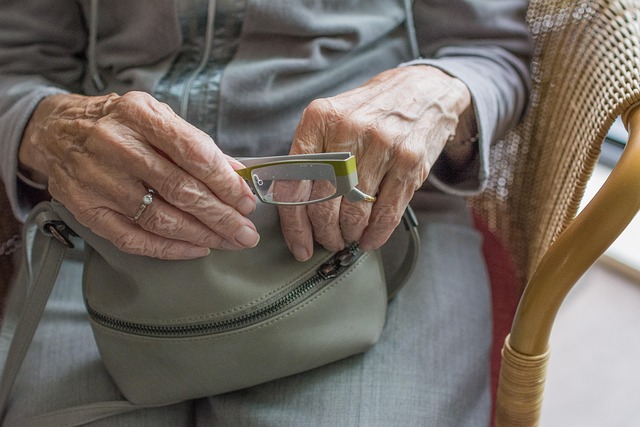Elderly Companion Services play a crucial role in managing senior medication regimens by offering personalized reminders, companionship, and support, reducing health risks associated with aging and improving overall well-being through enhanced adherence to treatment plans.
In ensuring the well-being of seniors, effective medication management is paramount. As the elderly population grows, understanding their unique challenges in adhering to complex medication regimens becomes crucial. This article explores strategies to navigate this delicate balance, focusing on two key aspects: an in-depth look at senior medication management and the valuable role of Elderly Companion Services in enhancing adherence. By combining these approaches, we can improve healthcare outcomes for our aging population.
- Understanding Medication Management for Seniors
- The Role of Elderly Companion Services
- Effective Strategies for Reminding the Elderly to Take Medication
Understanding Medication Management for Seniors

Medication management is a critical aspect of elderly care, and it often requires a dedicated approach for seniors. As the population ages, ensuring proper medication adherence becomes increasingly vital to maintaining health and quality of life. Elderly companion services play a pivotal role in assisting older adults with their medicine routines. These services provide personalized support, reminding seniors to take their medications at the right times and in the correct doses.
Many elderly individuals face challenges such as memory issues or complex prescription regimens, making it easy to miss doses or take medications incorrectly. Companion services step in to alleviate these concerns by offering regular medication reminders through various methods, including verbal alerts, mobile apps, or even automated dispensers. Such support ensures that seniors stay on track with their treatments, potentially reducing the risk of adverse drug interactions and improving overall health outcomes.
The Role of Elderly Companion Services

Elderly Companion Services play a vital role in enhancing medication management for seniors. These services are designed to support elderly individuals who might face challenges in remembering to take their medications as prescribed. Professional companions can assist with setting reminders, organizing pill boxes, and ensuring each dose is taken at the correct time. This not only reduces the risk of medication errors but also improves overall adherence to treatment plans.
Additionally, Elderly Companion Services provide crucial emotional support and companionship, which can be especially beneficial for seniors living alone. By offering regular interaction and assistance with daily tasks, these services foster a sense of security and well-being, allowing older adults to maintain their independence while receiving the care they need, including proper medication management.
Effective Strategies for Reminding the Elderly to Take Medication

Effective strategies for reminding the elderly to take medication involve a combination of gentle prodding and innovative techniques. One approach is to incorporate Elderly Companion Services where trained professionals or family members can visit regularly scheduled times to not only ensure medication intake but also build rapport and provide company, making adherence more likely. Simple reminders like placing pills in easily accessible, labeled containers or setting alarms on smartphones or smart watches can be highly effective.
Visual cues, such as colorful pill organizers or pictures of the medication with instructions, can also assist seniors in remembering their dosages. Additionally, using technology like medication tracking apps or smart pills that signal when taken can offer modern solutions. Regular communication and open dialogue about medication regimens are crucial, ensuring any concerns or questions are addressed promptly for optimal adherence to treatment plans.
Medication management is a crucial aspect of elderly care, and implementing effective reminder strategies can significantly improve adherence and overall health outcomes. While companion services play a vital role in assisting seniors, technology and personalized approaches are key to ensuring medication reminders stick. By combining these methods, we can foster a supportive environment that enhances the quality of life for our aging population, making Elderly Companion Services an essential component of comprehensive care.














